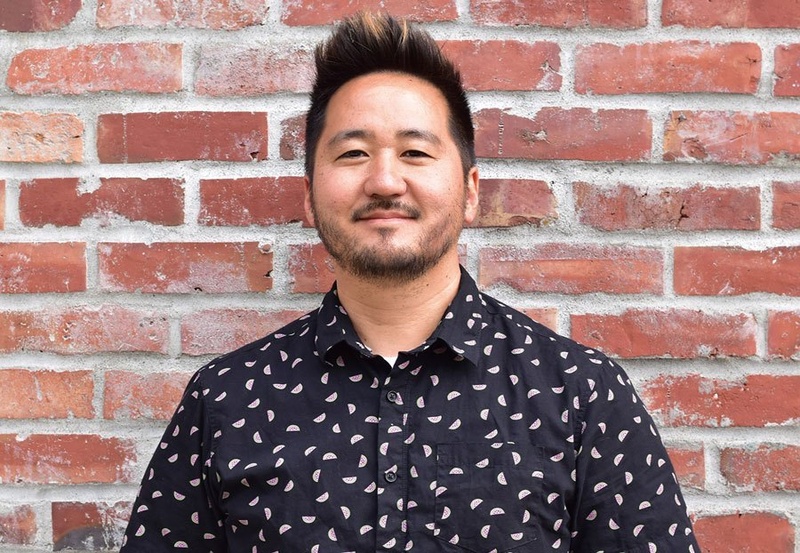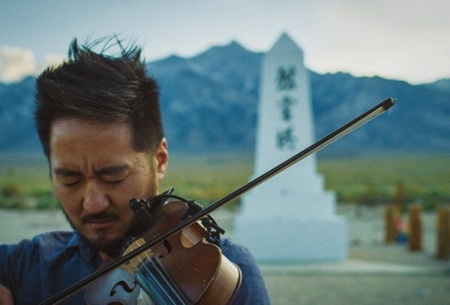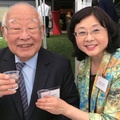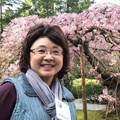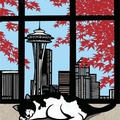Always wanting to be unique, in pursuit of original sound
Kishi Bashi has gained popularity across the US with his electronic orchestral sounds, rich high-pitched singing voice, and unique lyrics that incorporate Japanese. On June 16th, he held a triumphant return concert in his hometown of Seattle. He spoke to Soy Sauce about the thoughts he put into his new album and the behind-the-scenes stories of its creation.
Music that has influenced me so far
Both of my Japanese parents were students at the University of Washington. I moved from Seattle to Ithaca, New York, soon after I was born, and spent my childhood there. There was a big Suzuki Violin school, and that's how I started playing the violin. It was founded by Suzuki Shinichi from Matsumoto, Nagano Prefecture, and is now the most famous violin school in the United States. Even after moving to Virginia, I continued to play classical music until high school. But around that time, I got really into jazz violin. So I went on to jazz in college.
No matter how Americans were raised, I think the roots of their sense are always mixed with blues and country sounds. Folk and jazz are played on the radio, so even if you don't want to listen to them, they end up in your ears (laughs). I'm American, so it's only natural that the traditions of American music have had a big influence on my style.
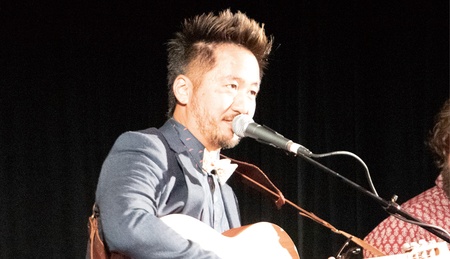
As a composer, I always want to be unique. I try layering various string sounds and making good use of the "texture" of sound to create interesting sounds that are different from others. That's why it's very difficult to define the genre of my music.
New album weaves Japanese American internment experience into song
I started making this album out of a sense of crisis about the current situation surrounding American politics and race. The theme of the album is the story of the internment camps where Japanese and Japanese-Americans living in the United States were sent by presidential order during World War II. I think the environment surrounding them at that time is very similar to the situation of minorities in America today. The only thing that has changed is that the targets are Muslims and Mexican immigrants... In a world where different races and religions coexist, if we do not have compassion for each other, I feel that there is a possibility that we will repeat the same thing as the war, when Japanese-Americans, who should have been the same Americans, were viewed as "enemies" and fear was stirred up. That's why the album is titled "Omoiyari".
I actually visited the remains of the Heart Mountain internment camp in Wyoming1 and listened to the stories of those who experienced the internment. I wrote songs like "Summer of '42" and "Theme from Jerome 2 (Forgotten Words)" while imagining what must have happened. I wanted to express "love and loss." It's a universal theme, so it can be sympathized with even now, more than 70 years later. I wanted to compare the situation of the past with the situation of today, while connecting through those emotions.
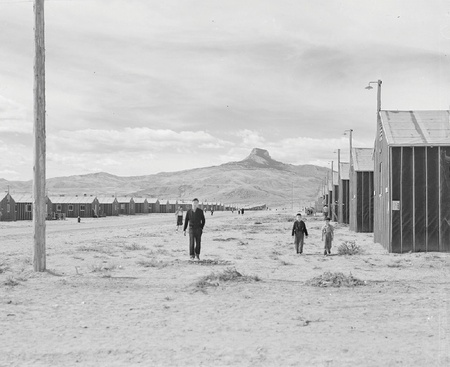
As an extension of the album, I am currently working on a film, aiming to release it in time for next year's presidential election. The film not only touches on the issue of internment, but also on the Battle of Okinawa in Japan. My mother is from Okinawa, and my great-aunt was one of the Himeyuri student corps. That's why I went to Okinawa. War is truly horrible. I want young people today to be able to be considerate of each other by knowing history. If we do that, discrimination will disappear. That is the goal of this project.
A violin filled with thoughts for the victims of the earthquake and nuclear accident
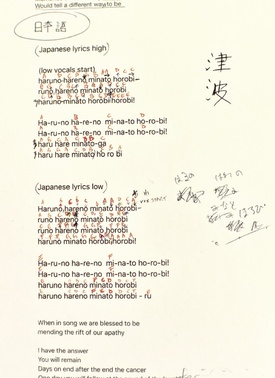
The song "Violin Tsunami" included in this album is inspired by a violin made for me by a Japanese-Brazilian friend who is a violin maker. The violin's name is Tsunami. The Great East Japan Earthquake occurred while he was making the song, and after he saw the footage of the Fukushima nuclear accident, he wrote the song with his thoughts for the victims. The theme of this song is the chaos caused by nature, salvation from it, and how humans can recover.
I'm an American after all, and I didn't really understand the Japanese Shinto belief that things have souls. But through playing the violin that he made with such strong feelings, I think I've gradually come to understand that Japanese sensibility.
There's no particular reason why I write lyrics in Japanese, it's just a feeling (laughs). My wife is Japanese, so she checks my Japanese to make sure it's correct. I met my wife, who is also a jazz violinist, at Berklee College of Music. She now teaches at a violin school.
I really love Japan. The food is delicious. I also like Uniqlo and have a lot of their shirts. I wear them at live shows. Tokyo, especially Shibuya, is exciting. I always discover new things, like, "There's stuff like this!" American audiences are wild, and they get excited at live shows how they want, when they want, but Japanese audiences are well behaved! There are set times for clapping and reactions. But Osaka people are a little wilder, a little more like America. I like that kind of thing.
I also love Seattle, especially in the summer! After all, it's where my parents met. I'll be back soon, so look forward to it.

Notes:
1. 10,767 Japanese Americans were sent to the Heart Mountain War Relocation Center in Wyoming between August 12, 1942 and November 10, 1945.
2. Jerome War Relocation Center, located in Arkansas, where 8,497 Japanese Americans were interned between October 6, 1942 and June 30, 1944.
* * * * *
Kishi Bashi: A second-generation Japanese-American from Seattle, his real name is Kaoru Ishibashi (Kishi Bashi is the abbreviation). After graduating from Berklee College of Music, he started playing in a band in 2000 as a multi-instrumentalist and singer-songwriter. He has also worked on numerous commercials, including for American Express. He made his debut in Japan in 2012 with the album "151a (Ichigo Ichie)". He released his sixth album "Omoiyari" on May 31st and embarked on a US tour. He is currently based in Georgia.
* * * * *
*This article was published in the Seattle information magazine SoySource (August 8, 2019) and the North American Hochi (August 15, 2019).
© 2019 The North American Post


